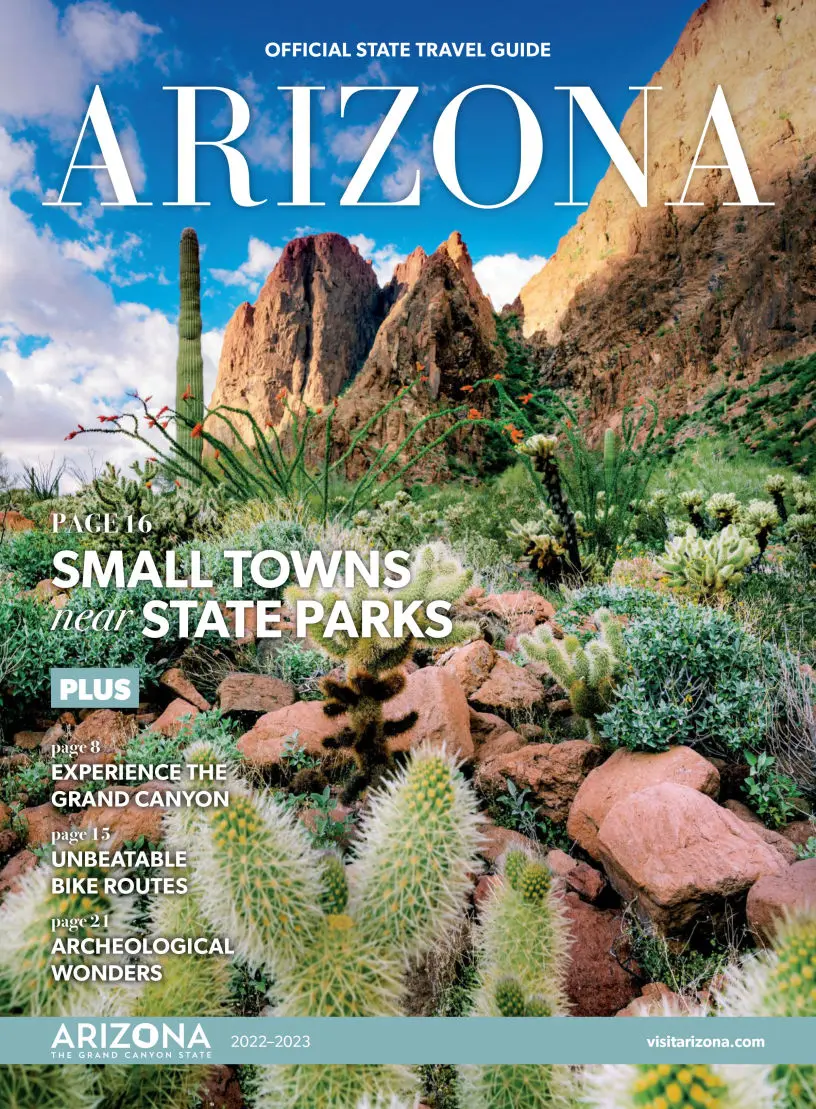Exploring Our Community
Nestled in the heart of the beautiful Southwest, Patagonia, Arizona is a hidden gem waiting to be discovered by physicians seeking a unique and welcoming community to call home. Patagonia epitomizes the charm of a close-knit community while also offering the tranquility of rural living. As you approach Patagonia from the sky, you'll be greeted by the breathtaking scenery of the Santa Rita Mountains to the east, their jagged peaks seemingly reaching for the heavens. To the west, the Coronado National Forest stretches as far as the eye can see, offering endless opportunities for outdoor adventure.
It's renowned for its vibrant arts community, attracting artists and creatives from all corners of the country. This charming town has received national recognition in U.S. News & World Report as one of the "Best Places to Live" for its picturesque landscapes and quality of life.
Patagonia is home to the Patagonia Lake State Park, a recreational paradise for fishing, boating, and camping enthusiasts. The climate in Patagonia is a dream for those who appreciate the sun, with an average of over 300 sunny days a year. The four distinct seasons offer a variety of outdoor activities, from hiking and birding in the spring to pleasant summer evenings, colorful autumns, and mild winters perfect for exploring the region.
For those seeking proximity to natural wonders, Patagonia is a short drive from renowned destinations like the Kartchner Caverns State Park and the enchanting town of Bisbee. Additionally, Tucson, Arizona's second-largest city, is just a drive away, providing access to a major metropolitan area for all your urban needs.
Traveling to and from Patagonia is convenient, with Tucson International Airport being the closest major airport, approximately 60 miles away, offering numerous non-stop direct flights to major U.S. cities. Residents are drawn to Patagonia for its small-town charm, friendly neighbors, and the opportunity to live amidst the natural beauty of the Southwest.
